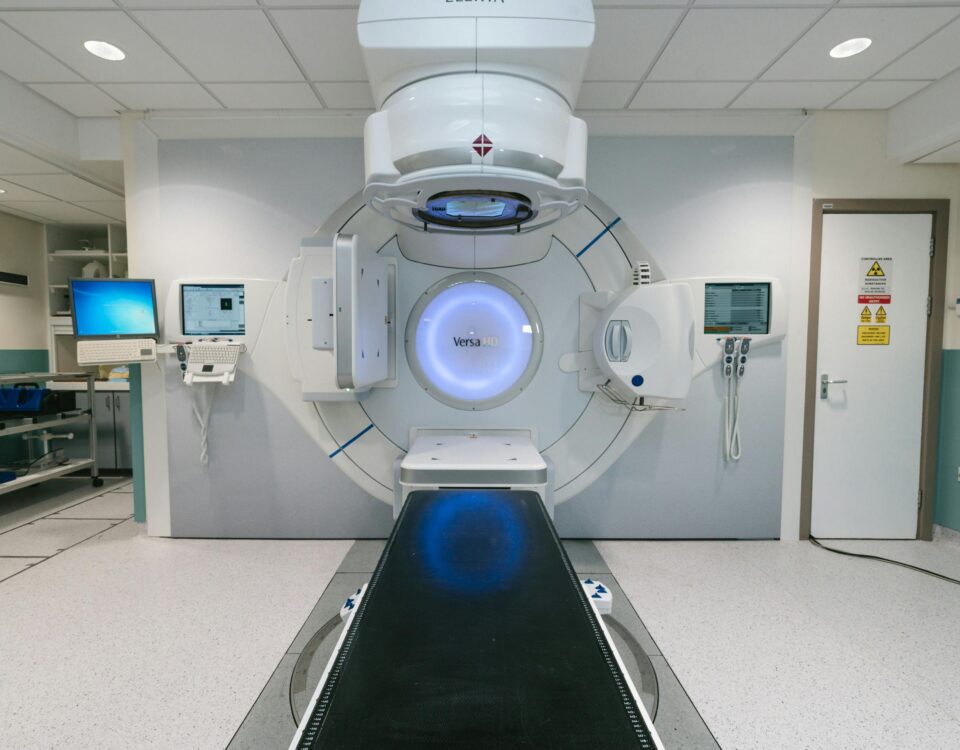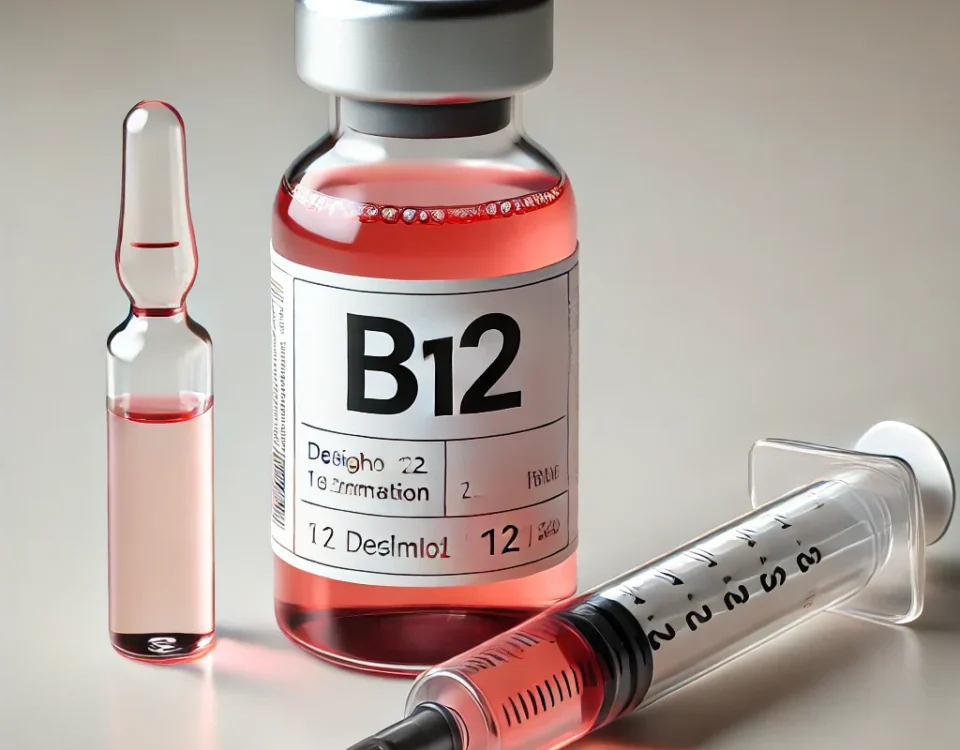
MedSpa Services for Holiday-Ready Skin
October 1, 2025
The Role of an Orthopedic Surgeon in Healing Bone Fractures
October 1, 2025Thinking about your health often brings to mind treating sickness. There is another side to healthcare focused on staying well from the start. This approach, known as preventive care, aims to prevent health issues before they develop. Understanding how preventive care functions can help you manage your well-being and your finances. A consistent relationship with a primary care provider is a practical step in this process.
What Is Preventive Care?
Preventive care includes services and checkups that help you stay healthy. This type of care aims to identify potential health concerns early, when they are often easier to manage. It involves routine screenings, immunizations, and regular physical exams, often coordinated through your primary care provider. The goal is to prevent diseases or catch them in their initial stages.
This proactive approach to health differs from reactive care, which addresses symptoms or conditions you already have. Preventive services are tailored to your age, gender, and family health history. By focusing on wellness and early detection with the support of your primary care team, you can take practical steps toward maintaining your long-term health.
How Does Prevention Save Money?
Investing in your health through preventive services can lead to lower medical costs over time. Catching a health problem early often means the treatment is less complex and less expensive. Regular checkups can help you avoid the need for more intensive and costly procedures down the road.
Here are a few ways preventive care helps manage healthcare spending:
- Early Detection: Screenings for conditions like high blood pressure or diabetes can identify issues before they become severe. Early management may involve lifestyle adjustments or medication, which can be less costly than treating advanced complications.
- Vaccinations: Immunizations protect against various illnesses. Preventing a disease like the flu can help you avoid expenses related to doctor visits, medications, and potential hospital stays.
- Reduced Specialist Visits: Regular management of your health with a primary care provider can help reduce the need for expensive specialist appointments. Keeping chronic conditions under control helps prevent complications that would require specialized treatment.
Overall, the cost of a routine screening or a vaccination is typically much lower than the cost of treating a full-blown illness. By using preventive services, you are making a financial choice that supports both your physical and fiscal well-being. This approach helps reduce the likelihood of facing large medical bills from unexpected health events.
How Does Primary Care Help?
A primary care provider acts as your main partner in managing your health. They are your first point of contact for medical concerns and play a central role in coordinating your preventive care. Building a relationship with a provider enables you to receive consistent, personalized guidance tailored to your specific health needs.
Your provider assists with preventive health in several ways:
- Personalized Screenings: They recommend screenings based on your personal risk factors, including age and family history. This makes sure you get the specific tests you need.
- Chronic Disease Management: For ongoing conditions, a provider helps you manage them effectively. This consistent oversight can prevent the condition from worsening and leading to more serious problems.
- Centralized Health Record: Your provider keeps a comprehensive record of your health history. This helps them track changes over time and make informed decisions about your care.
Through regular visits, your primary care provider gets to know you and your health profile. This relationship allows for more effective and personalized health management. They can answer your questions, offer guidance on healthy habits, and help you navigate the healthcare system with confidence.
Consult a Primary Care Provider
Preventive care offers a clear path to identifying and addressing potential health issues early. A primary care provider serves as your guide throughout this process, offering personalized support for your wellness journey. To learn more about which preventive services are right for you, schedule an appointment to discuss your health and create a plan.





